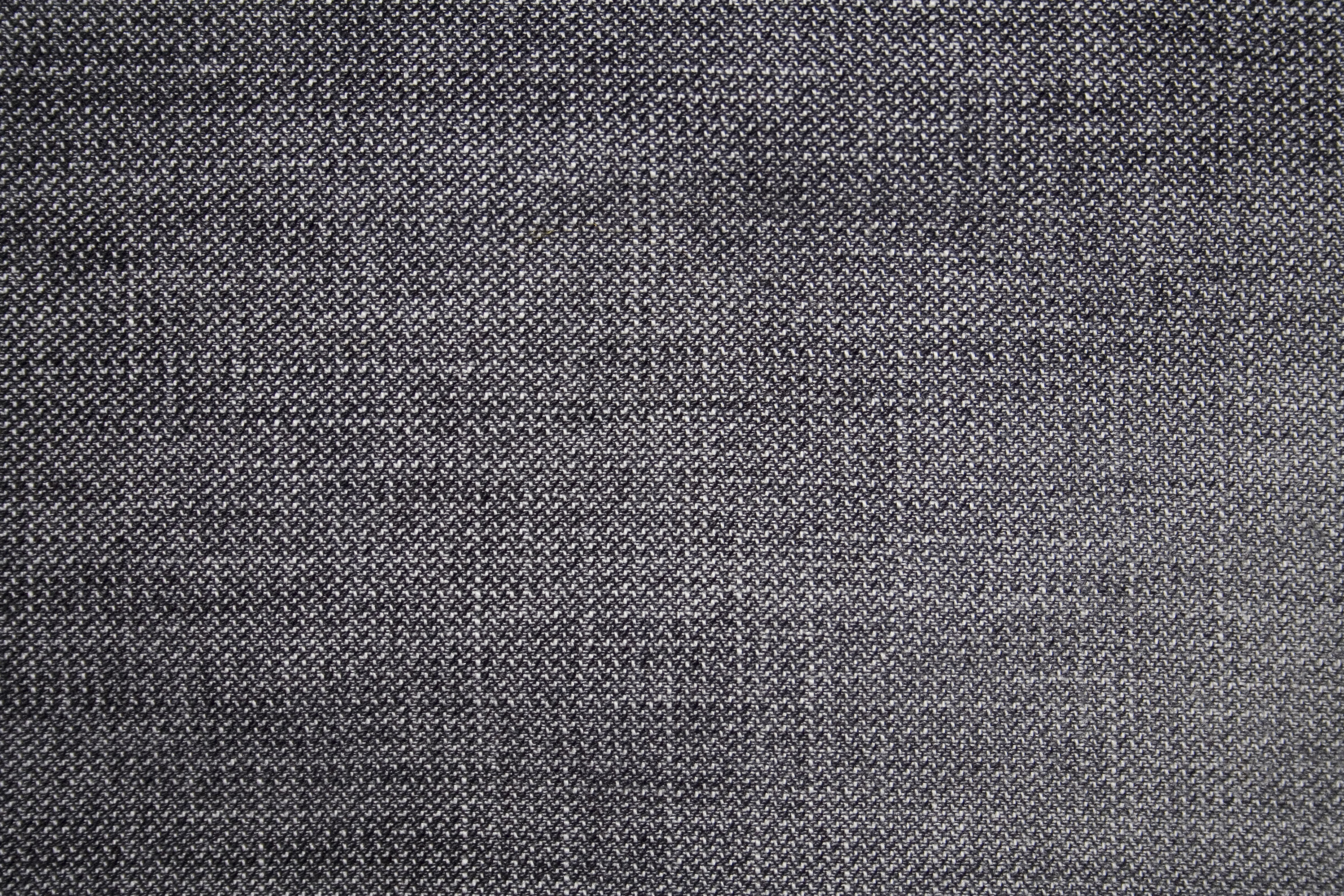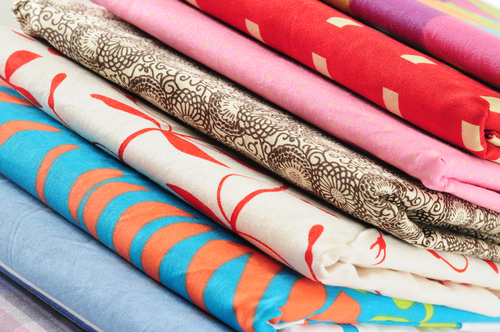Information About Wise Products In

Government could be losing millions of dollars in revenue through a clothing material rebate granted to local manufacturers two years ago, amid revelations that players in the industry are importing material that is locally available and later producing garments destined for the international market, a development that is threatening to further destroy the local clothing and textile industry. The rebate to the clothing and textile industry granted by the Government in 2015 sought to allow over 50 manufacturers to import textile materials duty-free and tax-free and help revive the ailing clothing industry. However, it has since emerged that several manufacturers were importing tonnes of fabric, including fabrics produced locally, such as fabrics for protective clothing and T-shirts, which they should be buying from local producers to support the industry. As a result of the rebate, some of the clothing manufacturers have since replaced or offered alternative cheap polycotton material for protective clothing against 100 percent Zimbabwean fabric. Instead of making clothes for the local market, the same manufacturers are producing clothing items destined for South Africa and the United Kingdom, raking in huge profits. A source who spoke on condition of anonymity, expressed concern over the flagrant abuse of the facility by some of the biggest players in the clothing industry, saying they were destroying the local clothing and textile industry. The source said it was out of greed that some players in the clothing industry were continuing to push for the extension of the rebate, instead of working hard to support the local textile industry that was struggling to survive owing to huge influx of cheap imported fabric. To worsen the situation, the syndicate of these clothing manufacturers was using the rebate to import cheap material for protective clothing made-up jerseys and rainwear at the expense of local materials and manufacturers. According to Treasury the rebate that came into place in 2015, according to the Statutory 32 of 2015, cited as the Customs Excise Clothing Manufacturer Rebate regulations, was meant for material referred to in the second schedule imported or taken out of bond by a manufacturer for use in the manufacture of clothing. Materials eligible for the rebate included cotton sewing thread containing 85 per cent or more by weight of cotton, cotton sewing thread, denim, plain weave weighing more than 100g per square metre, sewing thread of man-made staple fibres, not put up for retail sale, woven fabrics of polyester staple fibres, chenille fabrics, tulles and other net fabrics. “If members of Zimbabwe Clothing Manufacturing Association survived from 2000 to 2008 without the need of importing fabrics for local market of protective clothing, T-shirts, school jerseys, and rainwear, at the expense of the so called members, why is it important now that we require pieces of instruments’ being advocated by individuals with influence for self-aggrandizement,?” noted one of the members.
For the original version including any supplementary images or video, visit https://www.herald.co.zw/textile-industry-under-siege-2/
An Updated Examination Of Fast Strategies For [textile Testing]

 textile testing labs textile lab equipment textile lab equipment
textile testing labs textile lab equipment textile lab equipment


ไม่มีความคิดเห็น:
แสดงความคิดเห็น